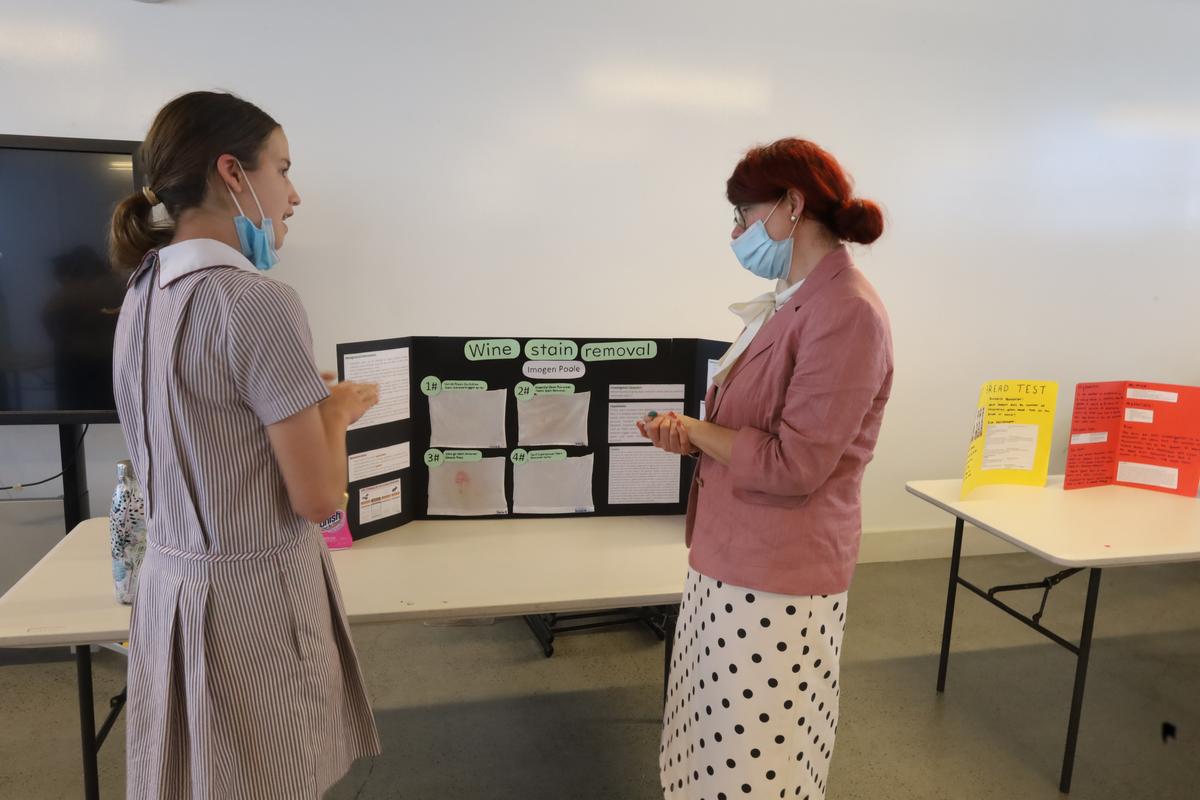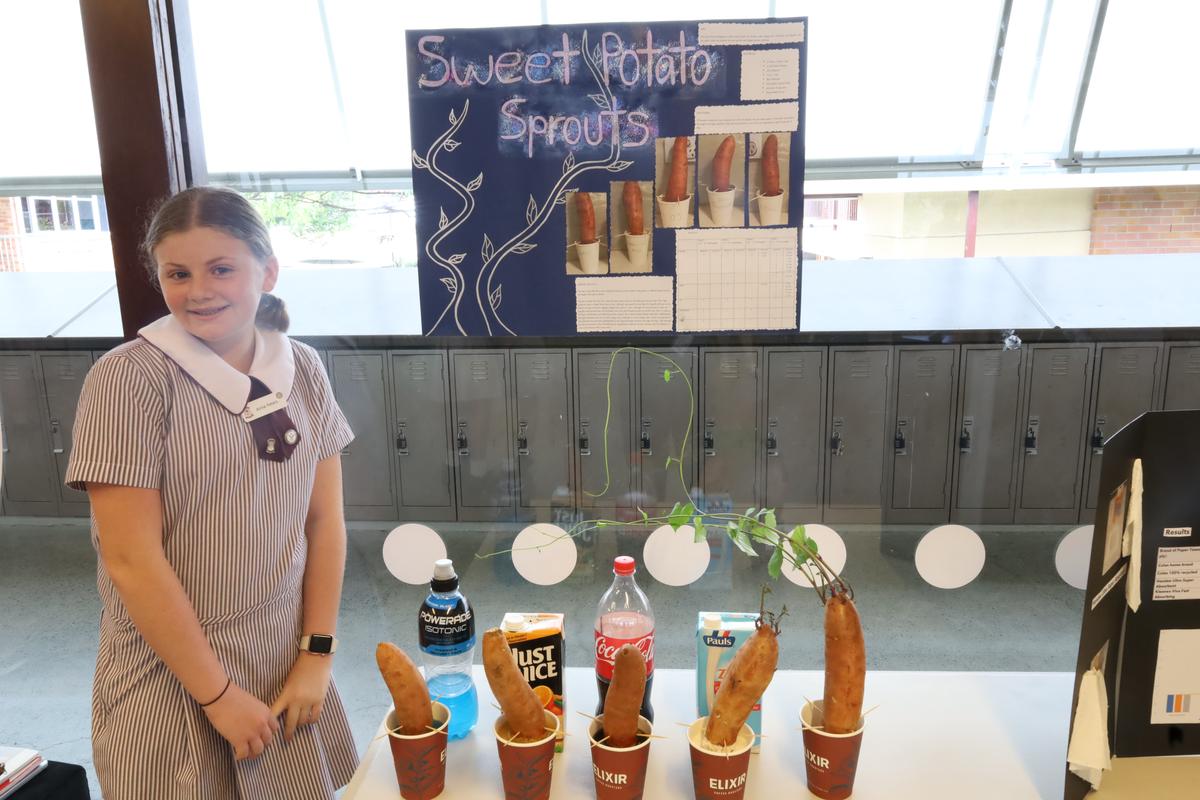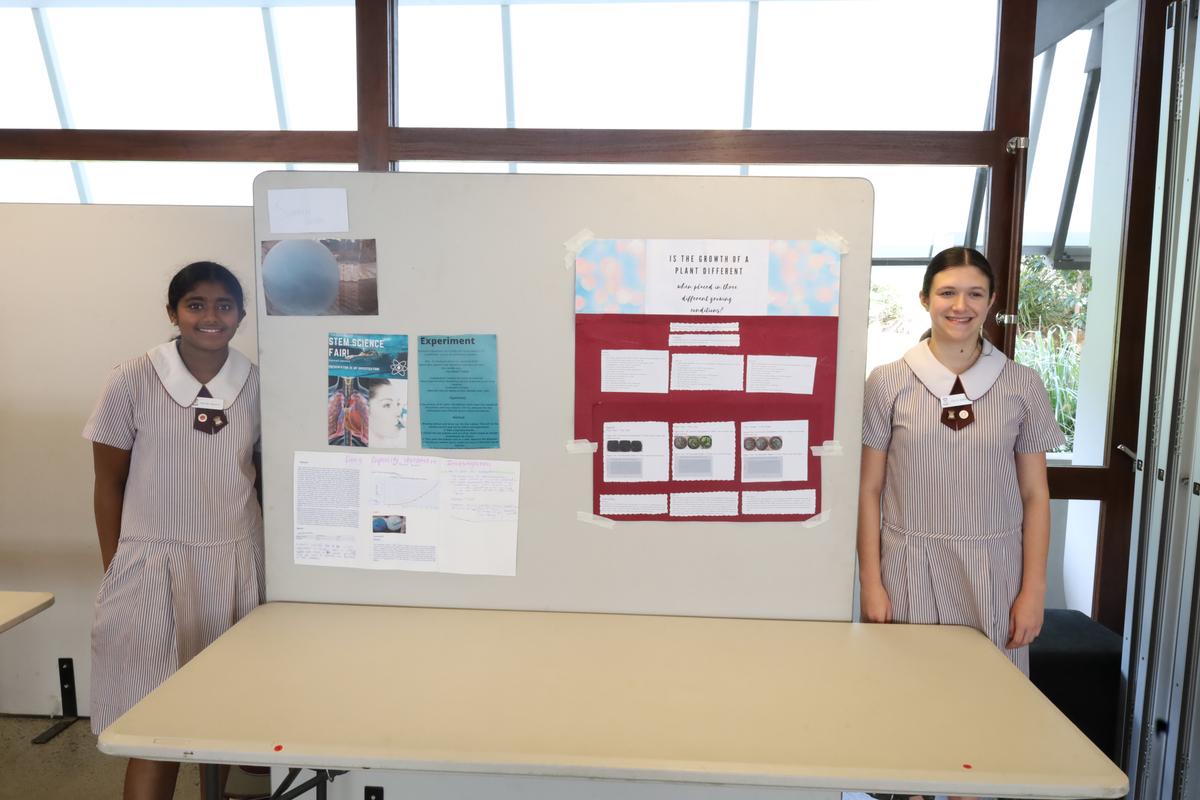Year 8 Pastoral Guardian
Colleen Goodin

Year 8 Pastoral Guardian
Colleen Goodin


Dear Parents/Caregivers,
The end of the year is fast approaching, and Christmas will be here before we know it. This term has been all about a strong finish to your child’s time in Francis School, before they move into Clare School next year. We will be looking back in the next couple of weeks and identifying all the things we are grateful for from the past 2 years at Mt A. Gratitude is seen as a key to happiness, with people who practice gratitude on a regular basis feeling more positive emotions.
They feel more hopeful and energetic which leads to an improvement in their overall wellbeing. You can read more about gratitude and the positive effects on students’ lives through our wellbeing platform here. The brain is a fascinating part of our anatomy and, if we can understand how the teenage brain is working, it may lead to less conflict between parent and child, especially as we head into an 8-week break.
In the teenage years, a person’s brain undergoes a huge change as the grey matter is pruned out and brain connections become more specialised and efficient. Unfortunately for parents, this development starts from the back and moves forward, meaning the brain is not fully developed until the teenager reaches their mid-twenties. The pre-frontal cortex, located at the front of the brain, is the part of the brain responsible for reasoning, impulse control, working memory, and rational decision making.
While the prefrontal cortex is developing, adolescents rely on other parts of the brain to make decisions, such as the amygdala, which is associated with emotion, impulse, instinct, and aggression. The limbic system also plays a key role; it is responsible for reward-seeking behaviour and motivating teens to seek out the social approval of their peers. They are prey to their impulses and emotions and the quest for social approval. It is a time when they are prone to making risky and dangerous decisions when they are carried away in the moment.


There are ways you, as a parent, can help your teenager through this stage. You can:
It is sometimes a relief to know there is a reason our teenagers are acting in the way they do and there are strategies we can put into pace to help them through this stage. The SchoolTV platform has many resources that you are able to access in relation to ‘Raising Girls’ that you may find helpful.
We welcomed two new students, Maddie Thompson and Petra Falcnik, into our Mt A family this term. The students have been great at helping them find their feet at the College. I thank you for your support this year and wish you all a joyful Christmas where you can finally get together with loved ones from around the country. I am sure the students are looking forward to a well-earned break and we look forward to seeing them back next year.
Recent Year 8 learning





